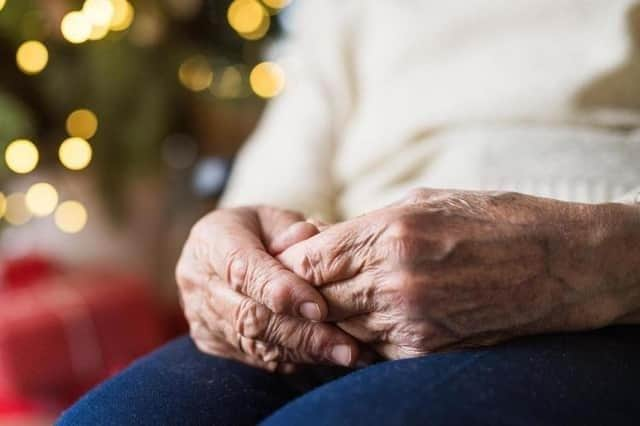Report: Men and women living in Belfast have the lowest life expectancy in Northern Ireland
and live on Freeview channel 276
Men and women living in Belfast have the lowest life expectancy in Northern Ireland, new figures from the Department of Health have revealed.
According to the Life Expectancy in Northern Ireland 2020-22 report those living in the capital city will live shorter, with men expected to live to 75.8 years and women to 80.4 years.
Advertisement
Hide AdAdvertisement
Hide AdThis is compared to Lisburn and Castlereagh, which has the highest life expectancy rates, where men can expect to live to 80.4 years and women to 83.1 years. Women in Mid Ulster were also on a par with Lisburn.


Overall, between 2020-22, life expectancy in Northern Ireland was 78.4 years for males and 82.3 years for females.
Since 1980-82, life expectancy at birth has increased by 6.8 years for females and 9.2 years for males. However, over the last ten years life expectancy growth has stalled for both males and females.
The figures also show that men and women living in the 20% most deprived areas of Northern Ireland could expect to live until 74 and 79.3 respectively, roughly seven years (81.2 years) and five years (84.1 years) less than those living in more affluent areas. For both males and females, mortality across the majority of causes of death was higher in the most deprived areas than in the least deprived.
Advertisement
Hide AdAdvertisement
Hide AdHigher mortality from cancer (1.3 years), circulatory disease (1.2 years) and accidental deaths (1.1 years) combined, contributed just over half of the male life expectancy deprivation gap. There were also notable contributions from deaths due to Covid (0.4 years) and suicide (0.6 years).
Mortality from cancer (1.3 years) was the largest single contributor to the female deprivation gap, more than half of which (0.8 years) was due to lung cancer.
The combination of lung cancer and chronic lower respiratory conditions were responsible for almost a third of the female deprivation gap.
In 2020-22, females in Northern Ireland could expect to live 3.8 years longer than males.
Advertisement
Hide AdAdvertisement
Hide AdAcross all age groups, male mortality was higher than that of females, most notably within the 70-79 years age group.
In response a Belfast City Council spokesperson, stated: “Belfast City Council and its partners have jointly committed in the draft, refreshed Belfast Agenda to addressing health inequalities around physical and mental health, social cohesion, isolation and community vulnerability through collaborative action, so that together we can improve quality of life and wellbeing for everyone in the city.
“Recent health data shows that life expectancy overall has stopped increasing, inequalities have widened, and for the poorest people, life expectancy has declined. We will work with our partners to empower people to take control of their personal wellbeing and make better life choices and to make it easier for people to access support services.
“We will also continue to support and develop initiatives through the Active Belfast Partnership, aimed at increasing levels of physical activity, alongside raising awareness of the benefits of healthier eating habits and choices.”